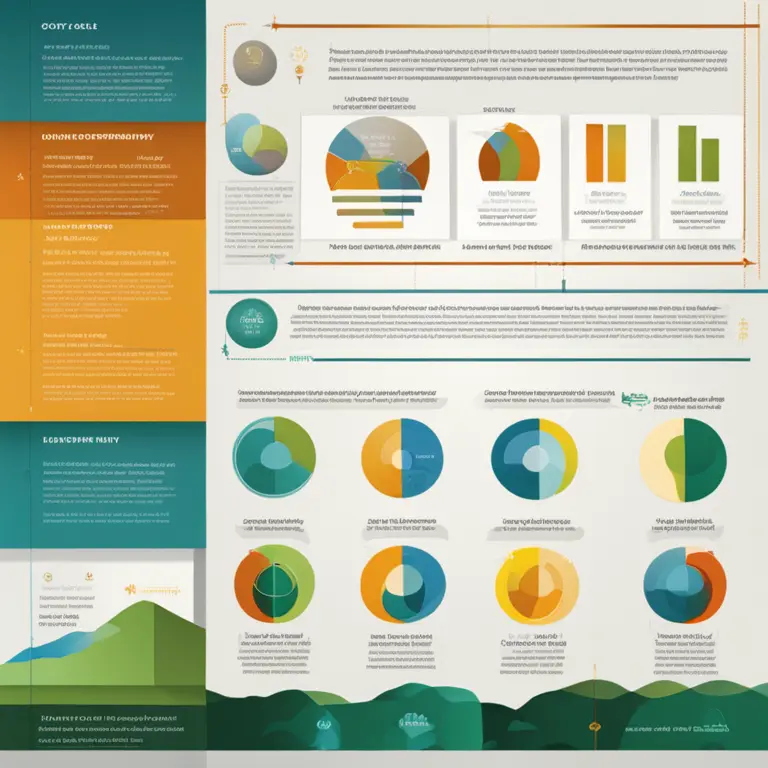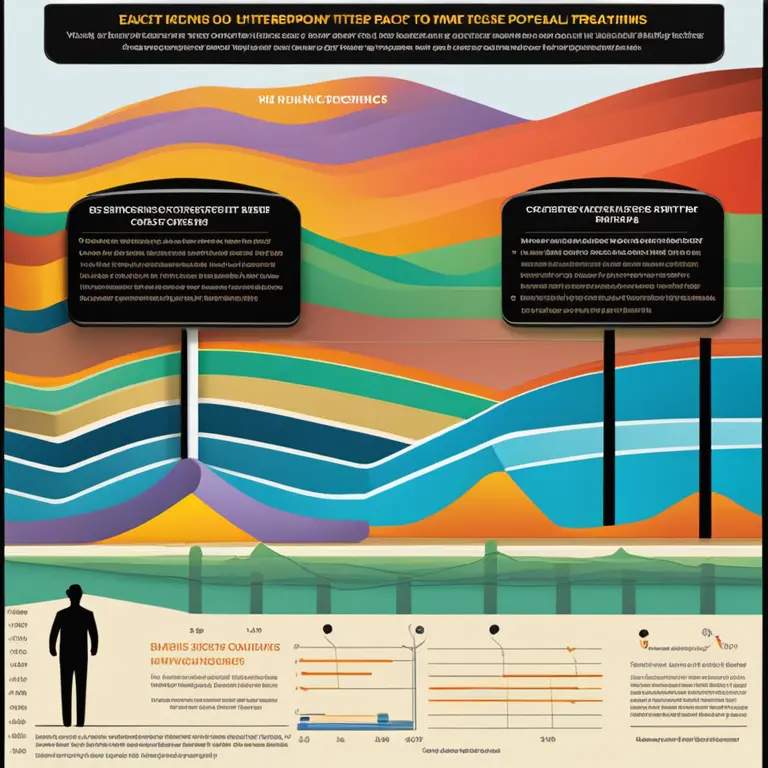
The Essentials of Biorhythms: A Basic Guide
Delve into the foundational aspects of biorhythms, the rhythmic cycles believed to influence our physical, emotional, and intellectual states.
article by Adrian Wallace
Introduction to Biorhythms
Biorhythms theory posits the existence of innate cycles within human life that allegedly affect various aspects of our well-being. Originally formulated in the 19th century and popularized in the 20th, the concept captures interest for its potential to offer foresight into one's life. Despite the lack of robust scientific backing, many enthusiasts turn to biorhythms to tune into their body's natural rhythms, hoping to optimize performance, emotional states, and mental clarity. As we venture further into the 21st century, the intrigue surrounding personal wellness finds a comfortable niche in the realm of biorhythms, with digital tools enabling personalized cycle tracking.

The Cycles of Biorhythm Theory
Central to biorhythm theory are three primary cycles: the 23-day physical cycle, the 28-day emotional cycle, and the 33-day intellectual cycle. Adherents believe the physical cycle influences vitality and coordination, the emotional cycle shapes creativity and mood, and the intellectual cycle dictates cognitive functions and alertness. As each cycle waxes and wanes from high to low phases, transitioning through a critical phase at the midpoint, it is said to impact individual capabilities and susceptibility to stress and disease. With advancing analytics, 2024 and beyond promise enhanced methods for individuals to calculate and interpret their biorhythms for personal advantage.

Biorhythms in the Modern Era
The digital age has greatly expanded access to biorhythm calculations. Smartphone apps and online platforms now offer to chart these cycles with precision, providing insights tailored to the user's birth date. Criticism notwithstanding, the intersection of technology with biorhythm theory exemplifies the modern thirst for self-knowledge and control over one's destiny. As algorithms grow more complex, the potential for integrating biorhythmic data with holistic health approaches is an intriguing prospect that might gain traction in wellness-focused communities.

Scientific Scrutiny and Skepticism
While biorhythms hold a place in alternative health lore, the scientific community remains skeptical. Numerous studies attempted to validate the link between biorhythms and life events with inconclusive results. Critics argue that the theory lacks empirical support and that any correlations with life outcomes can be ascribed to chance or the placebo effect. Nonetheless, the theory's resilience in popular culture suggests a persistent collective desire to find patterns and predictability within the human experience.

Biorhythms as a Personal Tool
Regardless of the debates, individuals continue to employ biorhythms as a tool for personal insight. By being cognizant of their cycles, some report improved decision-making and lifestyle choices. Whether these benefits stem from actual biorhythmic influence or from a heightened sense of self-awareness remains a pertinent question. As we progress, perhaps the most valuable aspect of biorhythm theory lies in its capacity to encourage introspection and mindfulness—a timeless pursuit that certainly carries its own merits.
Concluding Thoughts
The concept of biorhythms invites a fascinating question about the cyclical nature of human life. While definitive scientific validation is outstanding, the theory continues to spark curiosity. In an age driven by data and algorithms, the potential for biorhythm analysis holds a peculiar allure. As people worldwide strive for personalized pathways to health and happiness, the biorhythm narrative, true or not, offers a unique perspective on the journey toward well-being.
Published: 1/30/2024
Modified: 1/30/2024
More predictions
Come back here soon to learn more about yourself and your future


The Rhythms Within: An Insight into Biorhythms
Discover the science and philosophy behind biorhythms, the cyclical patterns our bodies follow, in connection with our physical, emotional, and intellectual states.


The Rhythms Within Science: A Guide to Biorhythms
Delve into the science of biorhythms to grasp how the physiological cycles influence our lives. This guide breaks down the complexity of biorhythmic patterns.


The World Of Rhythms: A Guide to Biorhythms
Delve into the world of biorhythms to comprehend how they influence our physical, emotional, and intellectual states. Discover their significance and implications for your day-to-day life.